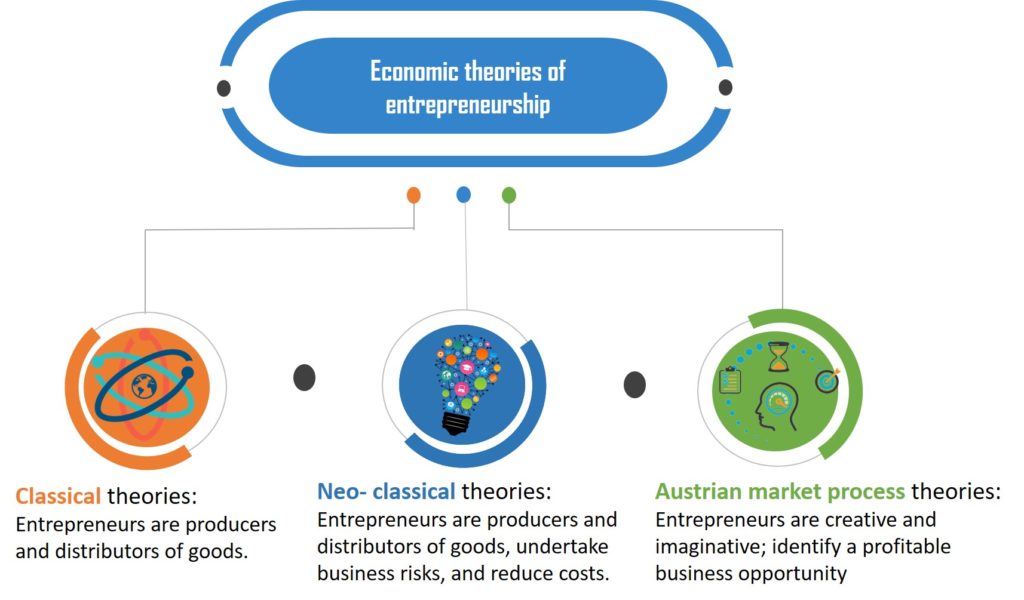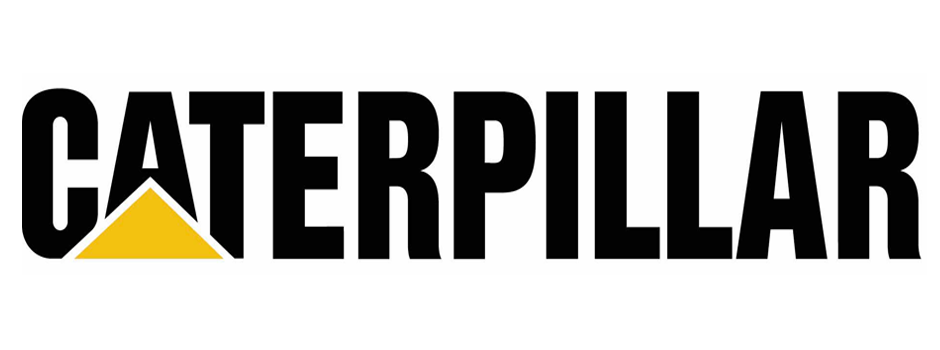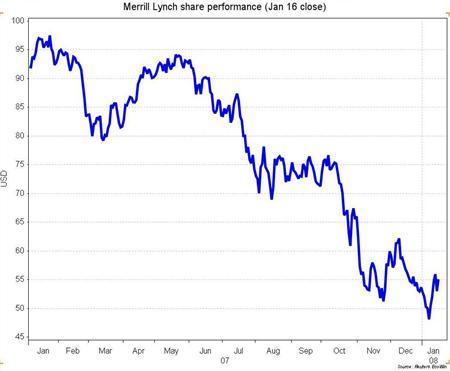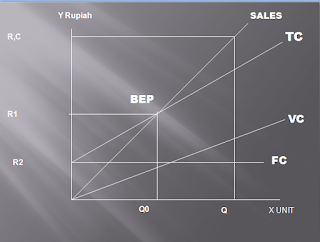Contents:


Billable hours are the focus for public accountants, and 40-plus-hour workweeks are often the result. Public accountants may work with many types of companies, which provides them with diverse experience. These companies can be spread throughout the region or country, so frequent travel is often necessary. Alternately, private accountants work for single companies and can typically expect something closer to the standard 9-to-5 workday with much less required travel. Public accountants work for companies that provide accounting services to others.
Starting in 2024, all CPA candidates will take the same three core sections of Accounting, Auditing, and Taxation. Then each candidate will have a choice between Taxation Compliance and Planning, Business Reporting and Analysis, and Information Systems Control. The new model will allow candidates to show a deeper knowledge of the content while still testing the foundation of accounting principles. It will also allow candidates to demonstrate a knowledge of technology, critical thinking skills, advanced problem-solving skills, and sound professional judgment which is an important skill used in the workplace and profession. Prior to 2004, individuals had to take all four sections of the CPA exam in the span of two days. In 2004, upon recommendation by the AICPA, there was a shift to take the four sections at different dates.
Earn your Accounting Degree. 100% Online.
The field of public accounting is expected to see steady job growth in the ten-year leading up to 2029. Nationwide, the number of accounting jobs is expected to increase by 4 percent. This is expected to result in the net addition of nearly 61,700 new accounting jobs. As an overall proportion of the accounting workforce, some of the highest numbers of accountants work in enterprise management positions, state and local government, and for real estate firms. GAAP rules only apply to the practice of public accounting within the United States. As the globalization of the world economy intensifies, the pressure upon the U.S. increases to adopt International Financial Reporting Standards , which are used worldwide and can also be applied to American companies.
- All Integrity Network members are paid members of the Red Ventures Education Integrity Network.
- (By itself this program no longer qualifies students for CPA licensure.) Student interested in becoming a CPA will need to complete the 150 credit hour requirement by enrolling in the M.S.
- Bookkeepers often help prepare financial statements and reports used by management to make decisions.
- The use of uniform standards in the preparation of financial statements also allows for easy side-by-side comparison of the companies that issue them.
- We do not offer financial advice, advisory or brokerage services, nor do we recommend or advise individuals or to buy or sell particular stocks or securities.
It is expected that in the future IFRS will become the predominant system of standards used in the United States as well. The use of uniform standards in the preparation of financial statements also allows for easy side-by-side comparison of the companies that issue them. This is often called an “apple to apple” comparison, because when two different companies are using the same standards to report income and liabilities, it is much easier to understand the comparative significance of the data. Tax services that involve the preparation of tax returns as well as advising clients on tax deductions, tax planning, and other tax-related issues.
Education and certifications
present value formula accounting firms provide detailed financial reporting services to ensure accurate and up-to-date information is available for decision-making. It is significant for larger companies that must comply with regulatory requirements such as the Sarbanes-Oxley Act of 2002. Financial reporting helps an organization make informed decisions based on the latest data. Public accounting firms will prepare financial statements, income statements, balance sheets, cash flow statements, and other financial documents required by law.
While https://1investing.in/ accountants gain experience working with a variety of businesses, corporate accountants become accounting experts in their specific companies and industries. Selecting the correct type of account for your business needs can be an intensive task. Private Accounting is often the logical choice for businesses with few employees, as it only requires one professional to handle fundamental financial tasks, such as record keeping, tracking, and banking. Private Accountants can specialize in specific accounting areas and provide more personalized and intimate services. On the other hand, Public Accounting is generally recommended for larger companies with more complex systems as it offers additional services that Private Accountants may not. These external firms typically include auditing and specialized tax advice, which can be challenging to find in Private Accounting professionals.
- Before you do anything else, complete a program of study in accounting at a college/university.
- When asking yourself is public accounting is worth it, know that public accountants are in high demand, especially those with tax and audit backgrounds.
- A CPA in Manhattan, New York, for example, will cost more than one in Manhattan, Kansas.
- Over 40 of the state boards now require applicants for CPA status to complete a special examination on ethics, which is effectively a fifth exam in terms of requirements to become a CPA.
- The reason is that the public accountant needs to deal with multiple clients, while the private accountant needs to interview candidates for different roles.
Public accountants provide accounting expertise, auditing, and tax services to their clients. Renamed several times over the years, the organization has been known as the American Institute of Certified Public Accountants since 1957. That is, they put together, maintain, and review financial statements and related transactions for companies. According to the US Bureau of Labor Statistics, accountants and auditors across all industries make a median salary of $68,130 per year. The BLS estimates that the demand for accountants in all fields will increase by 11% between 2014 and 2024. Therefore public accountancy is a strong growth field for those looking to start accounting careers.
Bookkeeper- Accounting Job Titles
This includes recording manual journal entries, performing account reconciliations, and establishing internal processes, including recording business transactions that serve as the foundation for financial statement preparation. Furthermore, they will work with financial managers to plan budgets and evaluate their fiscal performance. An accounting degree leads to many unique specializations like tax and auditing, as well as to different types of accounting careers.
Concordia’s online accounting program is offered in a blended format and includes 40 credit hours that students can complete on-campus and online. Building on a core business education, it prepares students for the CPA and certified management accountant certifications. Public accounting provides opportunities for growth, such as moving from an entry-level position to more senior roles like partner or manager within the same firm or organization where one is employed. Alternatively, one may switch firms for higher pay or remain with the same firm for career development opportunities and gain experience in different areas, such as forensic accounting and tax planning. It is designed for professionals responsible for evaluating an organization’s internal controls and processes regarding its financial statements or other operations-related activities.
I am an extrovert, which many people don’t think of as a typical characteristic of an accountant, but I find it helpful in establishing a bond with my clients. I have been lucky to have a lot of long-standing, wonderful client relationships. A CPA is a very valuable credential, and I wanted to position myself well in the marketplace for various jobs. I decided in college as an accounting major that I wanted to try to get my CPA as soon as I could. The AICPA announced its plan to accept applications from individuals meeting these criteria, beginning no later than January 1, 2011.
CPA Career Overview
While public and private accounting are two distinct paths, it’s common for accountants to switch between them during the course of their careers. That’s why it’s important to understand both paths at the outset, so you can identify which path is best suited for you now and in the future. From an individual’s perspective, making a career in public accounting is certainly worth it. A certified public accountant earns a good package and gains experience on various financial projects. In 2022, the average salary of an individual US CPA is $70,299 per annum. In public and private accounting, the accountant must possess good communication skills.
Notice of Annual General Meeting – Marketscreener.com
Notice of Annual General Meeting.
Posted: Fri, 14 Apr 2023 07:01:02 GMT [source]
They must pass the Uniform CPA Examination, which consists of four sections, and they must also meet additional requirements depending on the jurisdiction. While many CPAs offer tax preparation services, they can also work in government agencies, nonprofit organizations, and self-employment. Accountants working in specialized fields like forensic accounting, cost accounting, and financial advising may decide to pursue CPA licensure to boost their reputation and provide their clients with additional services.
Some review the work of their colleagues as internal or external auditors. The list, as mentioned above, provides potential clients with just some examples out there amongst so many alternatives available, making it easier for them to find one that best suits their needs. At the same time, they embark upon the process of hiring an accountant/accounting firm suitable for them.
In this role, you may or may not be a certified private accountant – not all private accounting jobs require certification, but it is often preferred. Private accountants work for specific companies and are an essential part of the success of any organization. For this reason, many public accountants eventually work in the private sector. Forensic accounting is a specialized field that combines investigative skills with auditing techniques to detect fraud or irregularities in financial statements. It involves asset misappropriation schemes or fraudulent activities committed by corporations or individuals within an organization’s internal control system. Some examples of prominent forensic accounting firms include AlixPartners LP, Duff & Phelps Corporation, and Navigant Consulting Inc, among many others specializing in this domain area of practice.

A public accountant acts as an independent third party and works with various client companies to review and prepare financial documents that an individual or corporation is required to disclose to the public. They deal with a wide range of clientele, including individuals, businesses, and sometimes even the government. These accountants help in the preparation and auditing of financial statements, tax filings, and consulting on material transactions.

Getting your accounting degree from Concordia will prepare you for accounting careers in business settings, government agencies, and nonprofit organizations. Employment in both the public and private accounting sectors is growing, so now is a great time to get started on your career with a quality education. This guide to public vs. private accounting will compare these career paths in detail, including job duties and education requirements, so that you can make a decision that is aligned with your goals and interests. Private accountants may be employed as controllers or in-house accountants and provide services only to their employer. Public accountants, on the other hand, have a range of clients and are either self-employed or members or employees of public accounting firms. CPA licensure requires 150 semester hours of credit, which surpasses the 120 hours generally required for obtaining a bachelor’s degree.
The use of the terms “public” and “private” may have something to do with the perceived allegiance of the accountant in each case. The “private” accountant who works as an employee or officer of a single business entity owes his or her allegiance to that entity. Bureau of Labor Statistics salary and labor market information for Accountants and Auditors is based on national data, not school-specific information. International Financial Reporting Standards means that set of accounting standards established and issued by the International Accounting Standards Board, as amended from time to time.

Because of that, most people find the CPAs they work with through reviews and referrals from people they already know and trust. When it comes to managing your money, though, a CPA isn’t necessarily a one-stop shop. You’ll probably need the support of other financial professionals, like certified financial planners, to help shepherd your financial life.
State CPA associations also serve the community by providing information and resources about the CPA profession and welcome inquiries from students, business professionals and the public-at-large. Over 40 of the state boards now require applicants for CPA status to complete a special examination on ethics, which is effectively a fifth exam in terms of requirements to become a CPA. The majority of these accept the AICPA self-study Professional Ethics for CPAs CPE course or another course in general professional ethics. Many states, however, require that the ethics course include a review of that state’s specific rules for professional practice. State laws vary widely regarding whether a non-CPA is even allowed to use the title “accountant”.
For those in public accounting, the senior position would be as a business owner or firm executive. For a private accountant, that top role would be Chief Financial Officer . If you are considering entering this industry, it’s essential to understand the differences between public vs. private accounting. Where you work in the public or private sector is one of the most critical choices anyone planning an accounting career will make. There are aspects of each that vary, including where you can work, the certifications necessary to practice, and the overall work environment.
